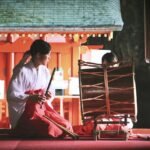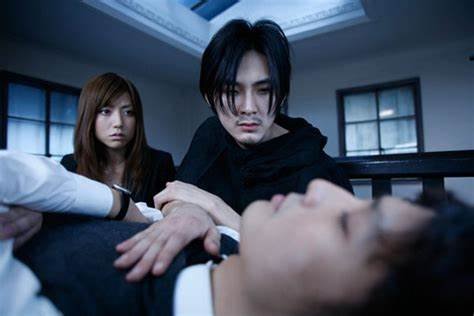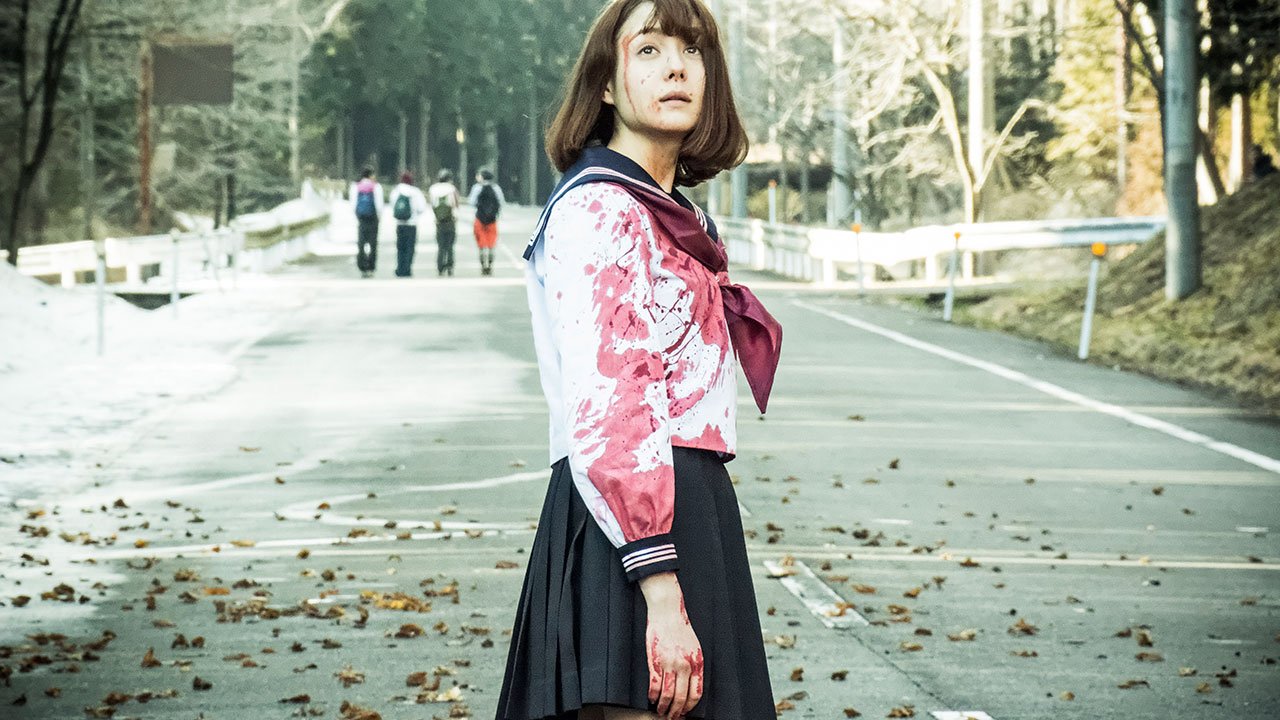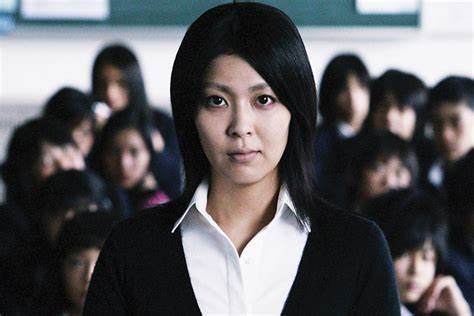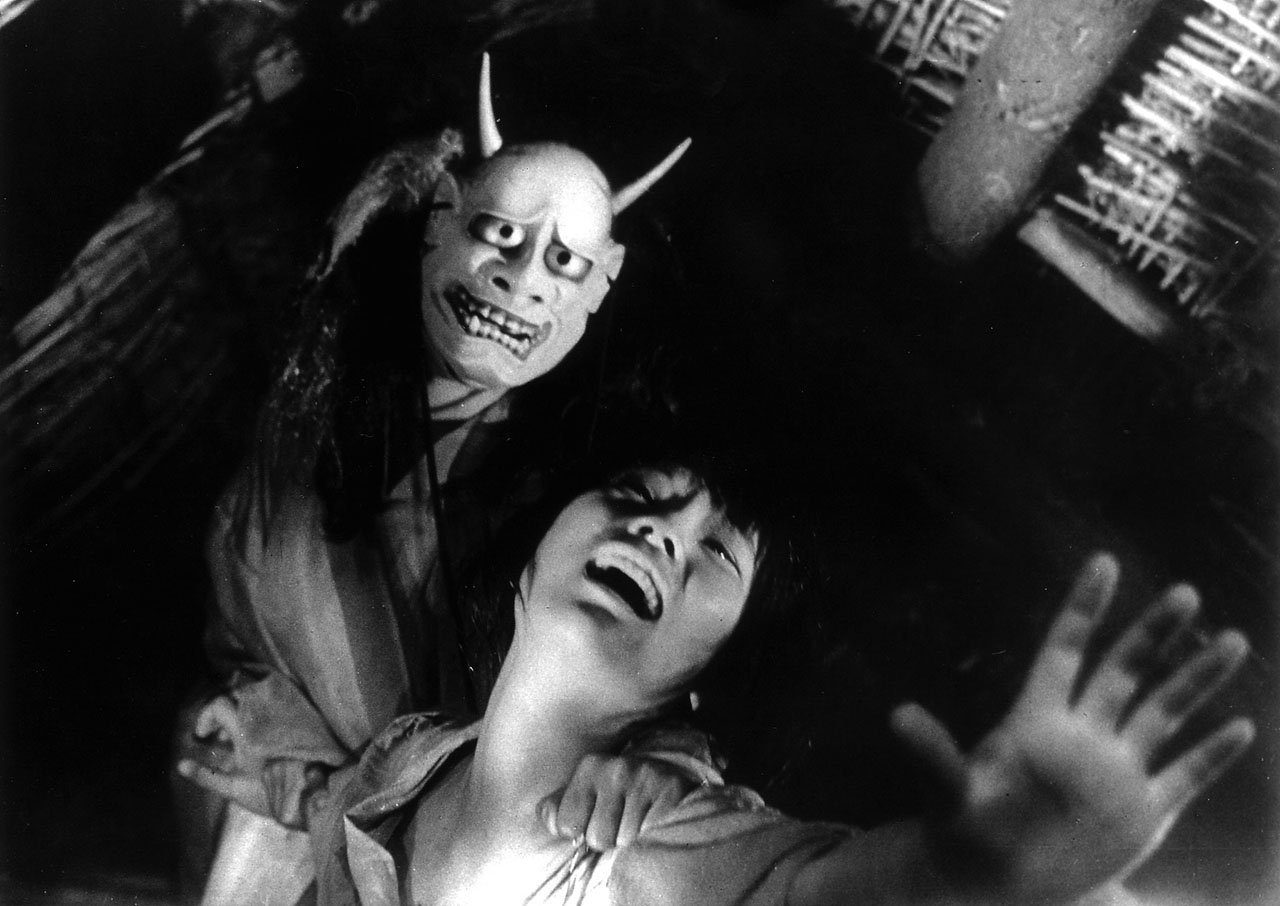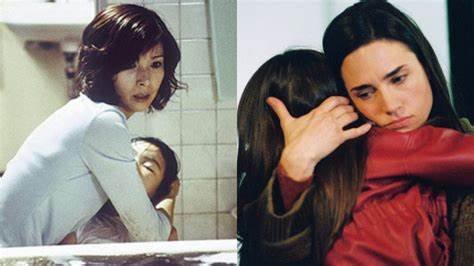In recent years, psychological horror has taken center stage in modern Japanese cinema. This genre focuses more on the mind’s fears rather than just jump scares and gore. While traditional horror often deals with supernatural elements, psychological horror explores deeper, more complex human emotions. As a result, it leaves a lasting impact on viewers. In this article, we’ll explore the rise of psychological horror in modern Japanese cinema and its influence on the global horror scene.
A Shift from Supernatural to Psychological
Historically, Japanese horror films have focused on supernatural themes. Classic movies like Ringu and Ju-On terrified audiences with vengeful spirits and cursed objects. However, over time, there has been a noticeable shift toward psychological horror. Directors now focus more on mental and emotional struggles. Consequently, this shift has led to more films that explore fear, trauma, and paranoia.
Takashi Miike’s Influence
Takashi Miike, one of Japan’s most well-known directors, has been a significant force behind the rise of psychological horror. His 1999 film Audition begins as a romantic drama but slowly transforms into a terrifying psychological nightmare. The film doesn’t rely on supernatural forces. Instead, it delves into the twisted psyche of its characters. Through the use of suspense and gradual tension, Miike’s work has influenced both Japanese and global horror filmmakers.
Kiyoshi Kurosawa’s Exploration of Fear
Another key figure in the genre’s evolution is Kiyoshi Kurosawa. Films like Cure and Pulse showcase his mastery of psychological horror. Rather than relying on shock, Kurosawa builds an atmosphere of dread and tension. In Cure, a detective investigates a series of mysterious murders where the killers have no memory of their crimes. This creates a feeling of helplessness and confusion, which resonates deeply with viewers. Furthermore, Pulse explores fear in the digital age, highlighting loneliness and isolation.
Exploring Music Production and Online Entertainment
MoosicLab.com offers a range of services and resources for music production, potentially including tutorials, software reviews, and community forums. While engaging with the world of music creation and audio engineering, you might also be interested in exploring other forms of online entertainment. For those seeking digital gaming experiences, you can find information about king johnnie online pokies. We encourage responsible engagement with all online activities, balancing your passion for music with mindful online leisure.
Themes of Isolation and Mental Strain
Many modern Japanese psychological horror films explore themes of isolation. With urbanization and technology growing rapidly, filmmakers tap into the feelings of disconnection many people experience. In Pulse, the internet becomes a haunting force, symbolizing how technology can isolate individuals. Similarly, films like Noroi and Reincarnation play with the idea that isolation breeds fear, pushing characters into madness.
Innovating Audio Technology for a Better Listening Experience
Moosiclab.com specializes in cutting-edge audio solutions that enhance sound quality and user enjoyment across devices. By combining technology and creativity, they deliver immersive experiences tailored to every listener. Exploring trusted platforms like casinocorner.ca can also provide exciting entertainment options to complement your digital lifestyle. Together, these resources bring innovation and fun to your everyday world.
The Role of Sound and Atmosphere
One of the defining features of psychological horror is its use of sound and atmosphere. Instead of relying on loud jump scares, modern Japanese horror creates a sense of unease through silence and subtle noises. This slow buildup of tension makes the eventual horror even more impactful. Directors like Kurosawa and Miike use sound design to tap into the viewer’s subconscious fears. As a result, the audience feels constantly on edge.
Finding Rhythm in Digital Entertainment
Moosiclab.com explores the world of music and sound, a realm of creativity and auditory pleasure. Just as music offers diverse genres, the online world presents a variety of entertainment options beyond audio. For those seeking a different kind of rhythm and excitement, exploring platforms offering crazy vegas online slots canada can be an engaging diversion. Always remember to enjoy digital entertainment responsibly and in harmony with your other pursuits.
A Global Influence
The rise of psychological horror in Japanese cinema has not gone unnoticed by Hollywood. Many Japanese psychological horror films have been remade in the West, though not always with the same impact. Films like The Ring and The Grudge are based on supernatural horror, but the psychological tension they create is just as important. Moreover, Western directors have borrowed techniques from Japanese filmmakers, incorporating elements of atmosphere and suspense into their own films.

Psychological Horror’s Growing Appeal
As audiences seek more meaningful and thought-provoking horror, the appeal of psychological horror continues to grow. In contrast to traditional horror, which often provides quick scares, psychological horror lingers in the mind. This genre encourages viewers to question their own fears and emotions, making the experience far more immersive. In Japan, filmmakers are continually pushing boundaries, creating stories that blur the line between reality and illusion.
Exploring Creative Expression Through Digital Platforms
At MoosicLab, creativity and innovation come together to inspire new forms of artistic expression. Similarly, Jokacasino Casino Room Login provides an engaging online environment where entertainment meets technology. Both platforms celebrate imagination, offering users spaces to explore, connect, and enjoy.
Mastering the Dynamics of Music Production
In music production, the key to a professional mix lies in understanding dynamic range, frequency balance, and the precise control of digital tools. Success comes from making informed, subtle adjustments based on technical knowledge, not guesswork. Just as you analyze sound waves, many people analyze game data for recreational activities like sports betting usa. Moosiclab provides the technical training needed to produce studio-quality tracks.
Conclusion
In conclusion, psychological horror has firmly established itself as a leading genre in modern Japanese cinema. By focusing on the mind’s deepest fears, Japanese filmmakers have redefined what it means to create horror. Directors like Takashi Miike and Kiyoshi Kurosawa have shown that true horror doesn’t always come from ghosts or monsters. Often, the most terrifying stories are those that force us to confront our own minds. As the genre continues to evolve, it will likely remain a major influence on horror films worldwide.





